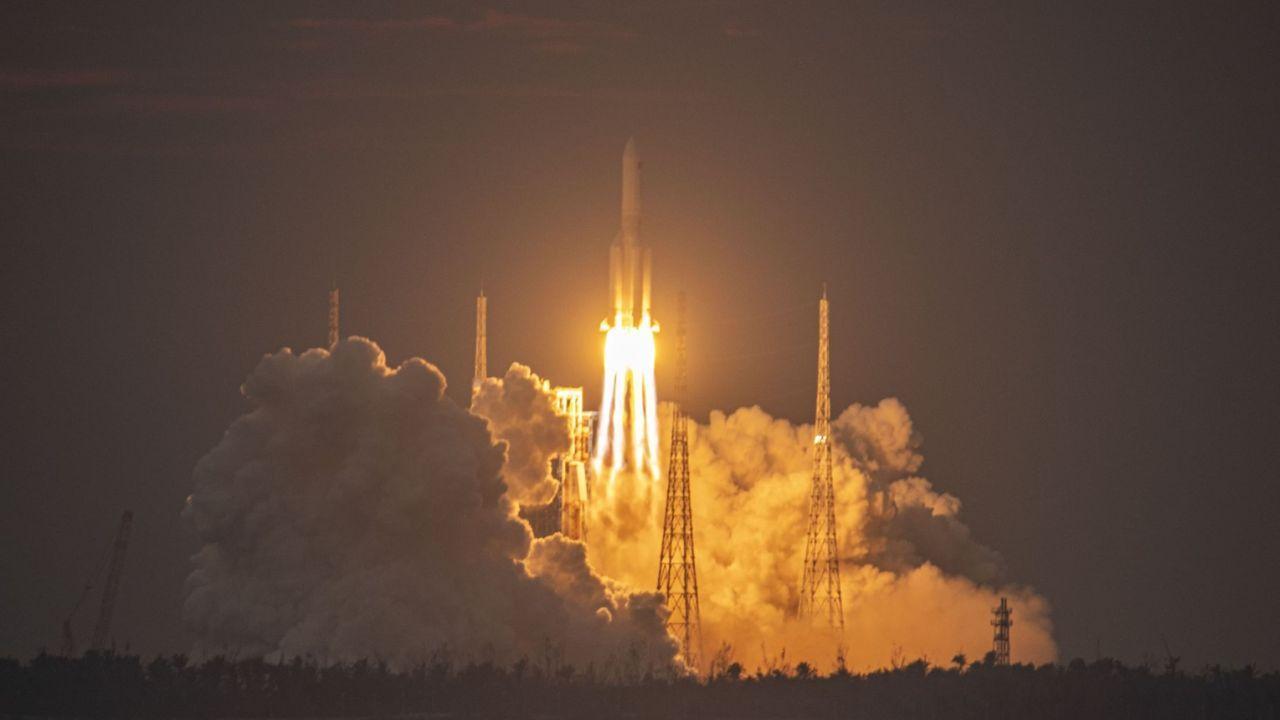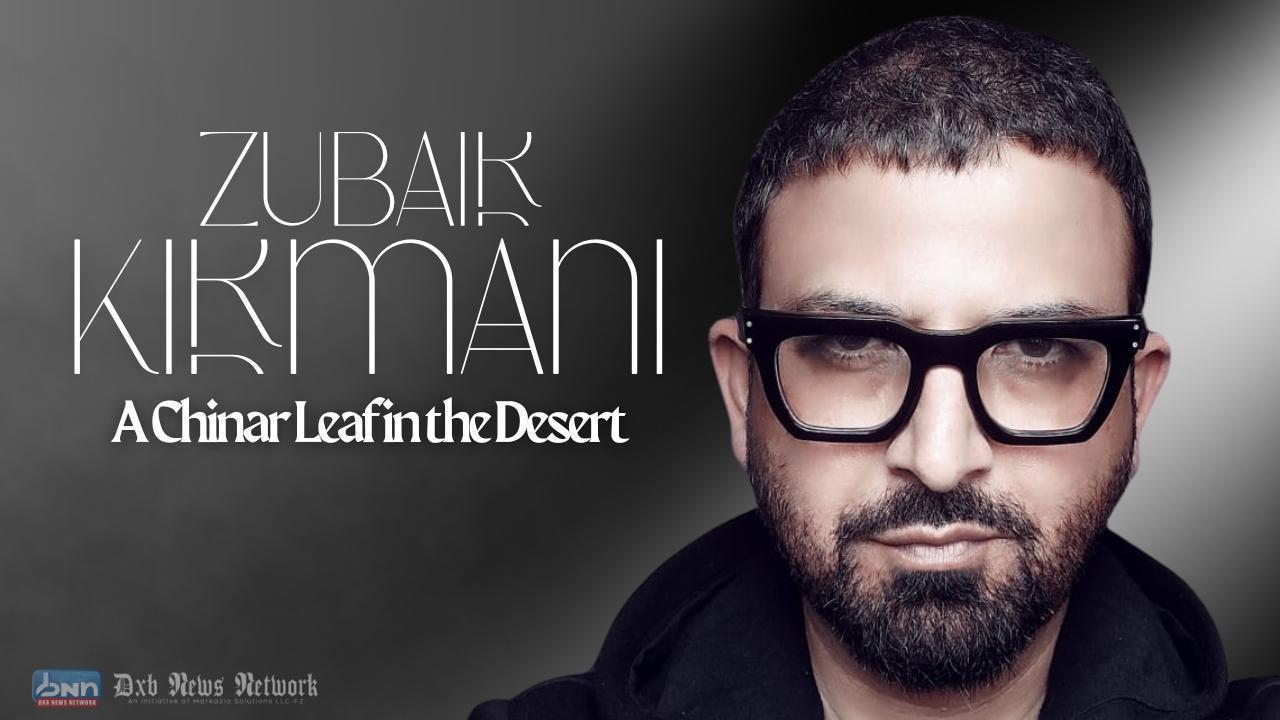
Post by: Zayd Kamal
Technology has been the driving force behind human progress, shaping civilizations, economies, and daily life. From the earliest tools made of stone to today’s cutting-edge artificial intelligence, technological advancements have revolutionized how we live, work, and communicate. Understanding Technology Through Time From Early Inventions to Today offers a glimpse into humanity’s incredible journey of discovery and innovation.
The origins of technology trace back to prehistoric times when early humans crafted basic tools from stones, bones, and wood. These primitive inventions, such as fire-making techniques, hunting tools, and the wheel, were essential for survival and laid the foundation for more advanced developments. The discovery of fire not only provided warmth but also enabled cooking, improving nutrition and overall health.
As civilizations evolved, so did their technological capabilities. The invention of writing systems in Mesopotamia and Egypt around 3,000 BCE marked a significant milestone in communication and record-keeping. Writing allowed societies to document laws, trade transactions, and historical events, shaping the course of human history.
The ancient world saw remarkable technological achievements, particularly in engineering and construction. The Egyptians built the Pyramids of Giza using sophisticated mathematical and architectural techniques, while the Romans revolutionized city planning with aqueducts, roads, and concrete structures. The invention of the compass, paper, and printing in ancient China further propelled technological progress.
During this period, advancements in medicine, astronomy, and navigation transformed societies. The development of the astrolabe, an early astronomical tool, allowed explorers to navigate the seas more accurately, paving the way for future global trade and exploration.
The 18th and 19th centuries witnessed the Industrial Revolution, a transformative era that reshaped economies and societies. The invention of the steam engine by James Watt revolutionized transportation and manufacturing, leading to the rise of factories and mechanized production. Railways, steamships, and mechanized farming significantly boosted efficiency and connected distant regions like never before.
Electricity emerged as a game-changer in the late 19th century, with Thomas Edison’s invention of the light bulb and Nikola Tesla’s contributions to alternating current (AC) power. These innovations illuminated cities, powered industries, and set the stage for modern electrical systems.
The 20th century ushered in the digital age, marking another milestone in Technology Through Time From Early Inventions to Today. The development of computers, starting with early models like ENIAC, revolutionized data processing and scientific research. In 1971, Intel introduced the first microprocessor, laying the foundation for personal computing.
The birth of the internet in the late 20th century transformed communication, commerce, and entertainment. Email, websites, and search engines like Google made information more accessible, while e-commerce platforms reshaped global markets. Mobile technology further advanced connectivity, with smartphones becoming indispensable tools for work and leisure.
Today, we stand at the forefront of artificial intelligence (AI) and automation, pushing the boundaries of what technology can achieve. AI-driven innovations power self-driving cars, virtual assistants, and personalized recommendations in everyday applications. Machine learning and robotics continue to revolutionize industries, from healthcare to finance.
The Internet of Things (IoT) has further integrated technology into daily life, with smart homes, wearable devices, and connected cities enhancing efficiency and convenience. Meanwhile, advancements in quantum computing and biotechnology promise even more groundbreaking discoveries in the near future.
As we look ahead, Technology Through Time From Early Inventions to Today shows us that innovation never stops. The future will likely bring even more revolutionary changes, such as space colonization, brain-computer interfaces, and sustainable energy solutions. The rapid progress in AI, biotechnology, and nanotechnology will continue to reshape industries, improving quality of life and solving global challenges.
While technology offers incredible opportunities, it also raises ethical and societal questions. Issues like data privacy, cybersecurity, and automation-driven job displacement require careful consideration as we navigate the future.
The article Technology Through Time From Early Inventions to Today explores the incredible evolution of technology, from primitive tools to modern AI. It highlights key milestones, starting with early human inventions like fire and the wheel, progressing through ancient engineering marvels such as pyramids and aqueducts, and advancing to the Industrial Revolution, where steam engines and electricity reshaped industries. The digital revolution brought computers, the internet, and smartphones, revolutionizing communication and commerce. Today, artificial intelligence, automation, and smart machines are driving innovation, while future advancements promise even more groundbreaking changes. As technology continues to evolve, its impact on society, ethics, and global progress remains a crucial consideration.
The information provided in this article is for educational and informational purposes only. While we strive for accuracy, DXB News Network does not take responsibility for any errors or omissions. Readers are encouraged to conduct their own research and consult experts before making decisions based on the content. DXB News Network does not endorse any specific technology or company mentioned in the article.
#trending #latest #Technology #Evolution #Innovation #SmartMachines #History #Progress #Development #AI #DigitalAge #Future #Science #breakingnews #worldnews #headlines #topstories #globalUpdate #dxbnewsnetwork #dxbnews #dxbdnn #dxbnewsnetworkdnn #bestnewschanneldubai #bestnewschannelUAE #bestnewschannelabudhabi #bestnewschannelajman #bestnewschannelofdubai #popularnewschanneldubai

Vikrant Karyakarte: The Artist Who Paints the Rhythm of Life....Read More.

PM Modi will visit Jeddah to meet Crown Prince MBS. Talks will cover strong ties, strategy, and new MoUs. This is his first visit in his third term....Read More.














Humanoid Robots Race with Humans at Half-Marathon in China
21 humanoid robots raced alongside runners in the Yizhuang half-marathon, showcasing robotic enginee

Woman Brain-Dead After Paris Cryotherapy Accident
A woman is brain-dead after a fatal cryotherapy accident in Paris that also claimed a gym worker’s l

A Chinar Leaf in the Desert: Zubair Kirmani and the Journey of Kashmir at World Art Dubai
A Chinar Leaf in the Desert: Zubair Kirmani and the Journey of Kashmir at World Art Dubai

Carla Gía Brings the Language of Duality to World Art Dubai 2025
Carla Gía Brings the Language of Duality to World Art Dubai 2025

Not Just a Painting, It’s a Pulse: Deena Radhi at World Art Dubai 2025
Not Just a Painting, It’s a Pulse: Deena Radhi at World Art Dubai 2025